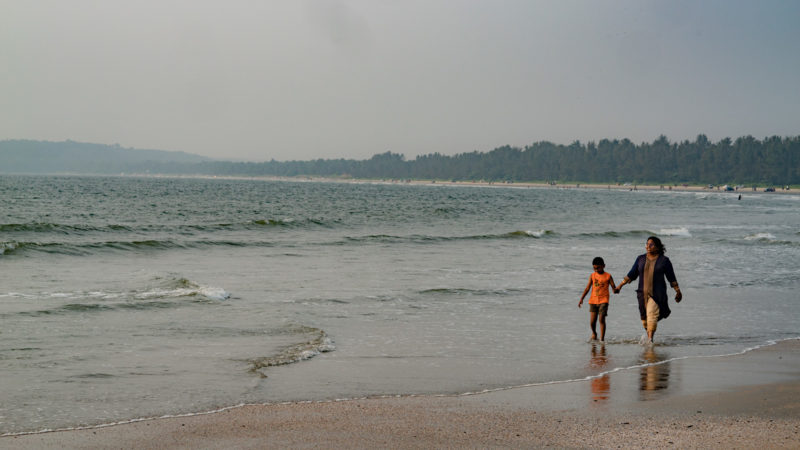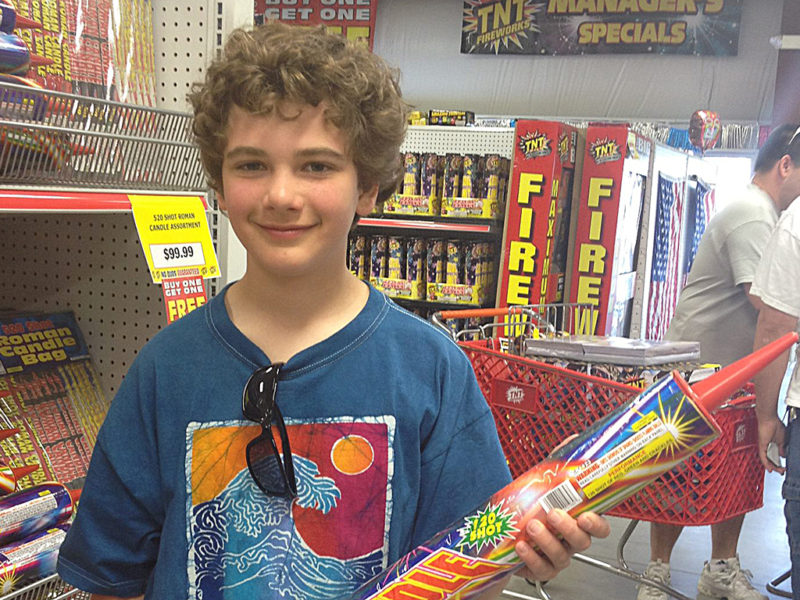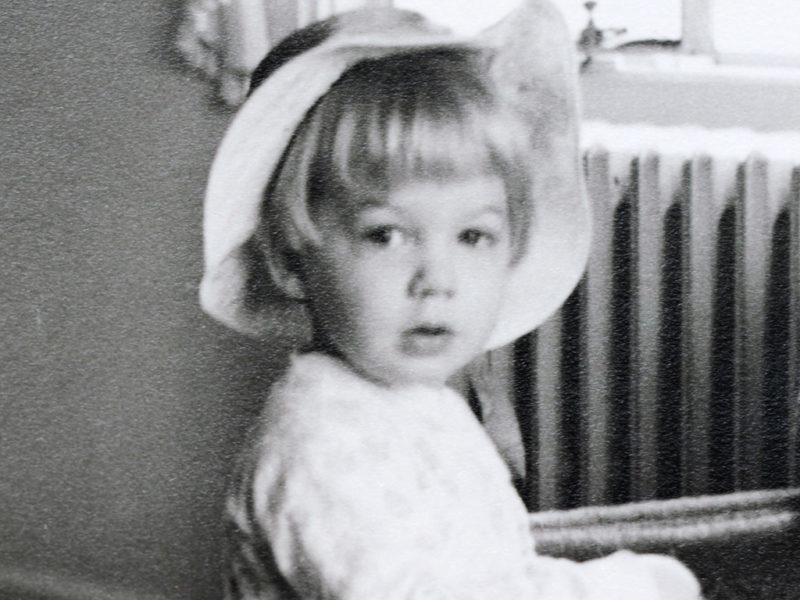Bhama aunty’s life was one of hard work, responsibility and isolation. Her father had died at an early age, and as a young woman she was called upon to help raise her four younger siblings, two sisters and two brothers.
The Conditional Love Experiment
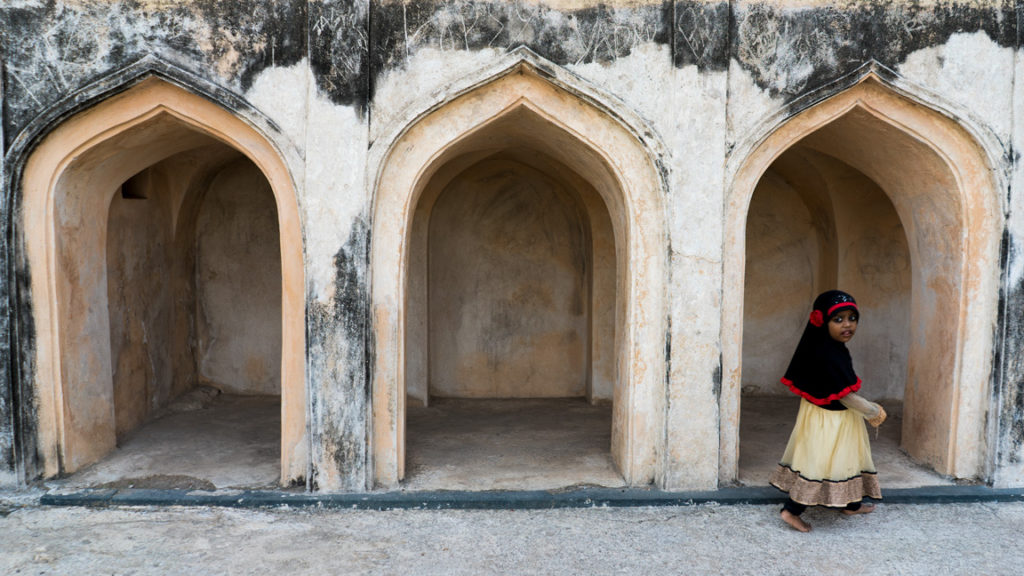
She fulfilled the obligations of their father by helping with their education and arranging her sister’s marriages. Her two brothers were also successful, one becoming a doctor and the other an engineer. The engineer, Jishnu, would become my father-in-law when I married his eldest daughter. A disciplined and practical man, he and his siblings had become the first generation of their family to receive higher educations, and they deeply understood the value of it.
After securing the futures of her siblings, the demands of Bhama aunty’s studies quickly followed, then medical school. As a woman growing up in 1960’s India, she soon found herself beyond the acceptable age of arranged marriages. Love marriages were then, and are still, scandalous throughout India. To be an unclaimed woman of her age usually indicated either emotional trouble, or that some other dark and disreputable event had occurred.
On one occasion a suitor had shown up at their door and made his intentions clear to her family. During the preceding months an affection had secretly grown between him and Bhama aunty. But within minutes of his proclamation he was inexplicably sent away, and not spoken of or seen again.
Bhama aunty’s isolation was soon concealed behind her professional successes, and there would be no marriage for her, arranged or otherwise. This made her quiet desperation even more acute, and she began to position herself amongst her siblings with a hidden agenda.
When her brother Jishnu’s wife Bhargavi had gotten pregnant with their first child, (my wife today), Bhama aunty had pleaded with them to let her “have” this child to raise as her own. There was not much discussion, as the idea of it was seen at the time as unthinkable. Although it was not an unheard of request throughout India, it was usually a gut wrenching decision borne of economic hardship, not emotional imperative.
A second and a third child soon followed, and similar pleas were made, to no end.
Thirteen years after the first child, a fourth child was conceived. By this time Bhama aunty was depressed and had given up the hope of raising a child. Worried about his sister, Jishnu and his wife discussed the matter and a determination was made.
In Thrissur, Kerala on September 19, 1977 Jishnu and Bhargavi gave birth to their fourth daughter, Bhavna. She was just two months old when she was given away to be raised by Bhama aunty. This blind gesture was one of sympathy for the childless aunt, and indifference to the future emotional needs of the young child.
It was agreed upon that Bhama aunty would raise Bhavna as she wished, with no interference from the biological parents as to discipline or child rearing. The only condition was that Bhavna would not be allowed to call her aunt “mother,” she would refer to her as “Bhama aunty” the same way that my future wife and her other sisters would. In this way, Bhavna always knew that Bhama aunty was her aunt, and that her parents and siblings lived in the same town, a few minutes away by car.
Bhama aunty’s brothers and sisters all supported this decision and were happy that Bhama aunty would have a child to raise. There were no legal arrangements. The matter never went through the courts, counsellors or adoption agencies. It was just an understanding between Jishnu, his wife Bhargavi and his sister Bhama aunty.
At the age of five, Bhavna became curious as to her place in the family. She understood that Bhama aunty was her aunt, and that Jishnu and Bhargavi were her parents. She saw how her sisters all piled into Daddy’s car after family events, giggling and enjoying their sweets as they drove to the family home without her. Bhavna would go back to a different home in a different car, separated from her family by some inconceivable choice which failed to account for her emotional needs and stability.
Meanwhile Bhama aunty was doing fantastically well in her career. She had become a pathologist of great renown and was recognised as one of Kerala’s top doctors. Her understanding of the human body, its complexities, systems and pathogens became her passion as she began to unlock the physical and chemical secrets within. The sharp and jagged irony of her accomplishments in the decoding of the physical body would torture her, as her inability to comprehend the emotional components of the human experience came into relief.
With her professional achievements came considerable wealth. This wealth introduced further distance between Bhavna and her three sisters. At large family events her clothing outshone her sister’s modest outfits. Everything was new and freshly pressed with bright matching colors and the latest designs. Bhavna was never wanting for material things. Her clothing and material wealth made her sisters jealous and another dynamic was allowed to develop where her sisters began to envy her most unenviable position as the sole curated piece in Bhama aunty’s menagerie.
In Bhavna’s telling of this arrangement, she was so young that she suffered no adjustment period or transition. She also simultaneously acknowledges that her entire life has been a never ending adjustment period. The decision to reduce her to a possession to be given away still haunts her today and colors her relationships within the family.
Bhama aunty casually complained of Bhavna’s disciplinary problems to Jishnu and Bhargavi on several occasions, which naturally strained the relationship. No one could understand what motivated Bhavna’s feelings of separation and betrayal as her young mind tried to understand being both in and out of the family simultaneously.
There were glaring opportunities to see the impact of their decision. On more than one occasion the sisters would lock arms with Bhavna when it was time to take her home after a family gathering. There were tears and shouting, begging the adults to let them all stay together. In an attempt to break these bonds Bhama aunty’s response was to conclude that she wouldn’t bring Bhavna to these gatherings for months at a time in order to avoid these scenes.
Most families yearn for and nurture a bond which grounds us in our lives. It binds us and differentiates its members as a distinct unit from other families. We look at our family members and see a slightly different version of ourselves. It is from this glance that we define “other.” It’s hard to imagine a society that doesn’t embrace this basic concept. Its absence challenges the definition of society altogether, reducing us all to free radicals, untethered from the ties that bind us.
We usually don’t have to think about the boundaries which the designation of “family” instills in us on an almost cellular level. It unconsciously implies and even promises loyalty, trust, comfort and security. It is so commonly taken for granted that we often don’t notice it until there is some disruption in the natural order, usually due to divorce or death. Yet when just one layer of separation is imposed, in this instance removing a child from her nuclear family, a hybrid persona is created. One who is both “family” and “other” simultaneously. An asterisk is now required, and a new definition: A family member literally once removed. Perhaps if it were visible under a microscope Bhama aunty would have seen it, and recognised herself as the disruptor or pathogen in this ecosystem of the family.
Jishnu and Bhargavi only spoke openly to Bhavna about their decision once. When Bhavna was twelve years old her mother told her that they were hoping that Bhavna would be a boy. It was determined then that if she was to a girl, she would be given to Bhama aunty. There was never any reckoning between Bhavna and her mother for this decision which dramatically shaped her childhood, life and adult identity.
Later as her mother Bhargavi was dying of cancer Bhavna spent time with her in the hospital trying to make her comfortable. She spent the entire day with her on the day she died. They laughed together and joked through the pain as Bhavna fixed her pillows and tended to her needs.
I don’t know what reservoir she drew from to overlook her own pain as she selflessly brought her mother’s final hours both joy and ease. This ability for empathy clearly exceeded the amount of consideration which was offered to her as a child.
Bhavna’s example illustrates that if we employ the right tools we can be positively shaped by what we are denied, and not just by what we are given. I’ve seen this in my own life and the closeness I have with my son. The same closeness I was denied after losing my father at a young age made me understand the value of that missing bond, and ensure that I did everything in my power to nurture it, much less take it for granted.
As the years stretched on these issues calcified. There were good times, certainly. Numerous photographs of significant events cover the walls of Bhama aunty’s home marking all of the obligatory occasions and beautiful outfits and flowers.
When it was Bhama aunty turn to be diagnosed with cancer, she told Bhavna, “you’ll do better once I am gone,” finally understanding that it was she who orchestrated the impossible dynamic in the family. Never the empath, but always the clinician, she was merciless in her thinking that Bhavna hadn’t developed strong affection and love for her, and would be devastated by her passing.
For Bhavna, making peace with her father was more difficult. Always stubborn and headstrong, he was now more frail in body and mind. One of his servants took advantage of this, and on several occasions took Jishnu to the bank where he blindly surrendered his life savings. He still lived with two of his adult daughters at his home, as they were not able to care for themselves, and was now reduced to his pension to care for the three of them. His sanity and ability provided the fulcrum upon which the balance of responsibility within the household teetered. As his acuity and strength gave way, there was no one competent to assume these responsibilities created in the vacuum when the cold folly of circumstance occurs and a child must now tend to the needs of a parent. The household surrendered to a fog of madness.
With Bhama aunty’s passing Bhavna inherited the spacious house she grew up in. It was twice the size of her father’s, and unlike his home, comfortably off the main road. Jishnu’s family was now in danger of being wiped out. The wolves were literally at the door as street thugs would enter the house at will, and take advantage of one of his daughters.
A mysterious illness then swept over Jishnu seemingly overnight. It started with a fever, and within twenty-four hours he was comatose in the hospital. The doctors never gave a final diagnosis, and after three weeks he slowly began to find strength in my wife’s voice as she called him twice a day from New York. As she was the only family member to leave India a decade earlier, she must have appeared to him as some kind of apparition while he was in his weakened state. I remember her talking endlessly on the phone, prompting and pleading with him until one day he whispered a scratchy re-emergence to this world.
Bhavna now was confronted once again with the task of comforting and caring for a parent who had not understood the value of the ties which bind a parent to a child. For her this was not an abstract, rhetorical question, but her reality. In his now powerless condition she accepted him into her house, where he lived with her and her fatherless son until his death.
After his passing Bhavna reflected that she was glad for their short time together, and remarked about how she had never had the opportunity to live with either of her parents before.
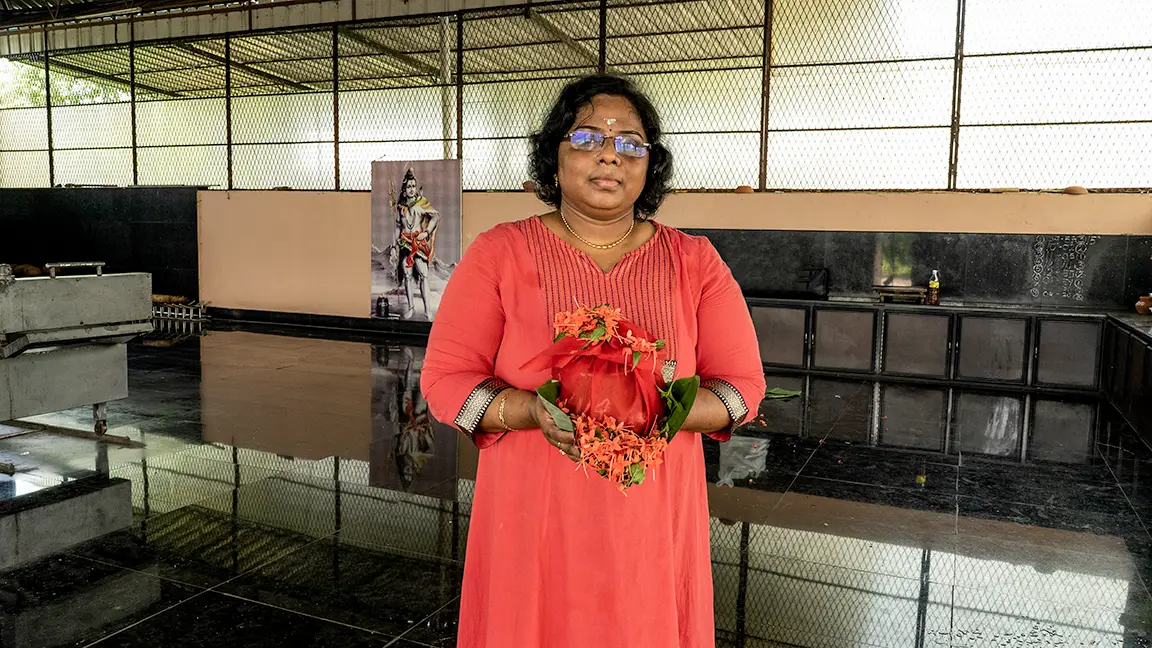
Bhavna had not only put herself through medical school, but did so while raising her son alone as a single mother. The idea of giving away a child, regardless of gender is inconceivable to Bhavna, especially as she is a now a loving mother to her own son. She talks to me about unconditional love. “Can you imagine in your darkest hour ever giving away one of your children?” I asked her recently. “Never,” she stated flatly, “it’s not the human way.”
